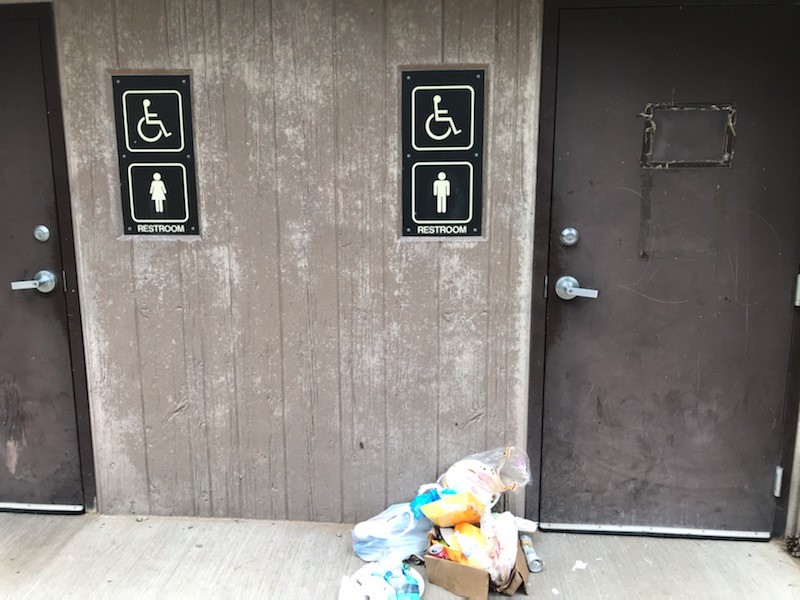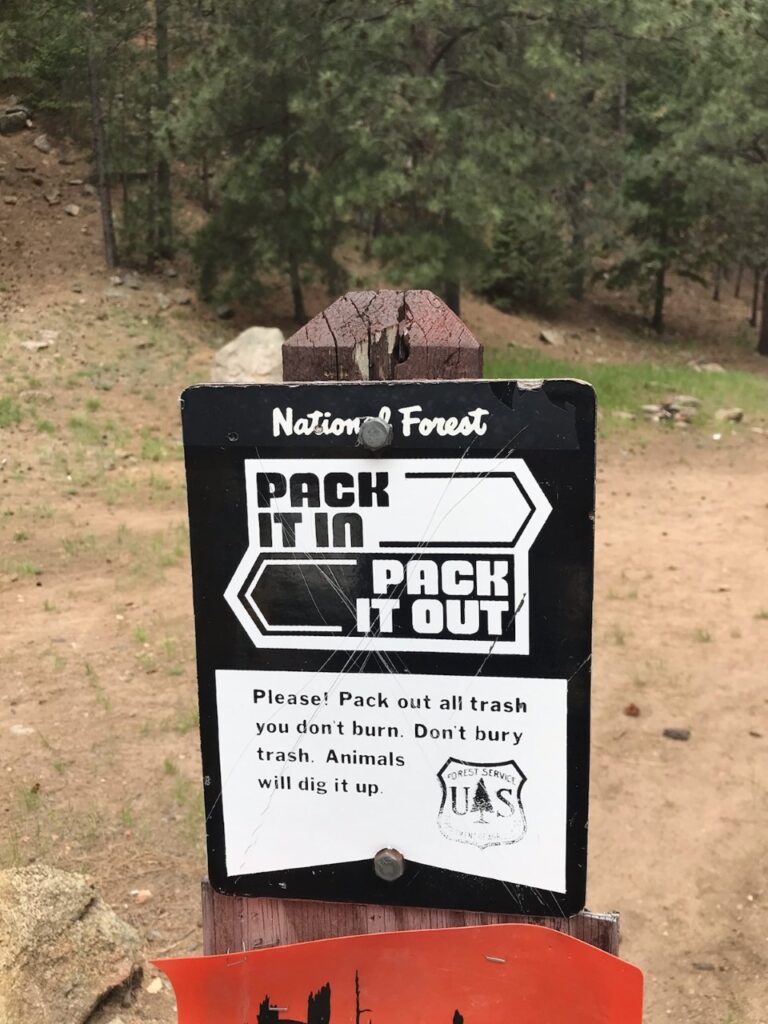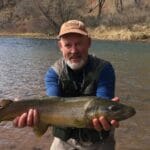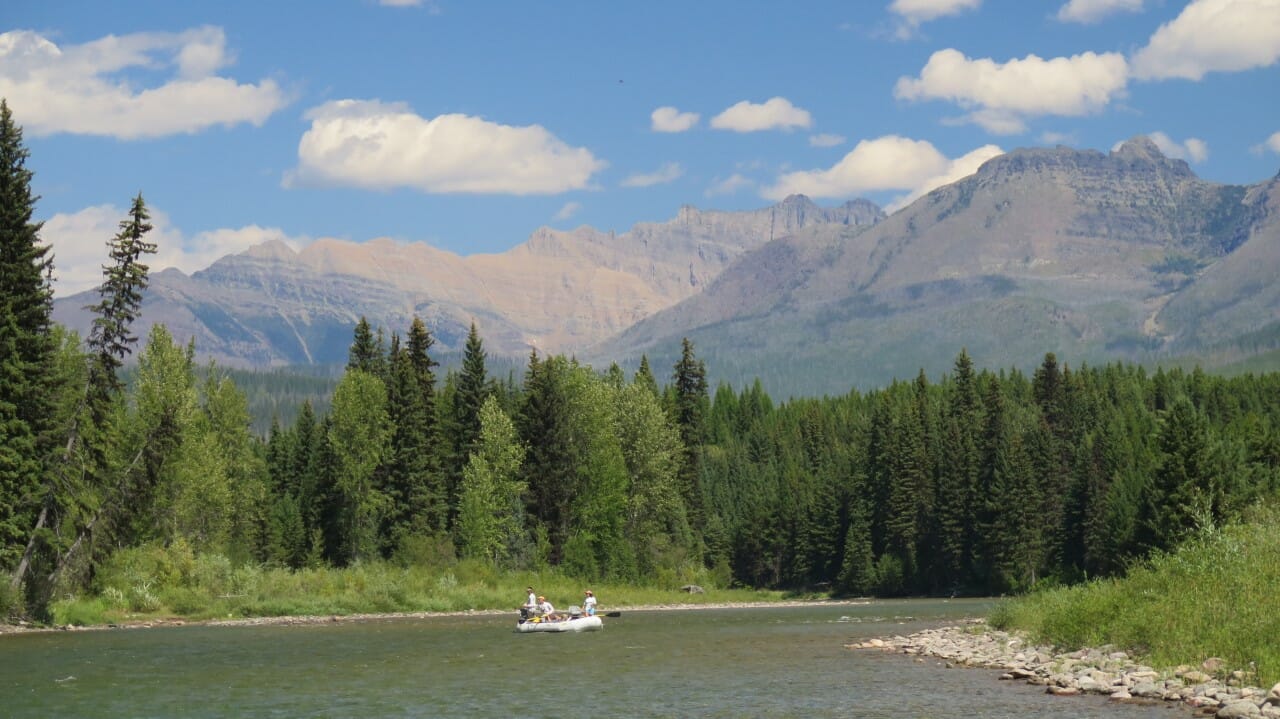Aldo Leopold was a philosopher, an ecologist and, very importantly, a writer. As though possessed of his talent for translating the universal, we quote him ad nauseam. And though the southwest still bears scars from his killing of wolves, cougars and other varmints, his eventual embrace of the predator as a force for ecological balance exemplifies a flexible and evolving mind that left a significant mark whenever it expressed itself.
So quote him we must.
Leopold thought it a bad idea to bet too much on the artificial propagation of sport fish. Reflecting on the widespread introduction of chukar and pheasants across North America, he felt that sportsman satisfaction wasn’t worth the toll of exotic species on the natives. He extolled the value of wilderness recreation even as he warned against unchecked recreational “boosterism,” which he seemed to view as extractive of communities and their landscapes. He noted the effects of domestic cats on birds and small game, and laid out a strong economic and ecological case for the public value of private land stewardship. His wisdom on game management broadened to include non-game wildlife, elevating the concept of biodiversity as a general good. Healthy soil was fundamental to land health. On these and so many other topics, Leopold’s evolution reveals a man so ahead of his time as to have been wasted on it.
Then again, many of Leopold’s most influential writings arose during a period of general and profoundly destructive upheaval. A world war and a crushing depression, the consequently enormous need for grain and meat, leather and wool. A natural disaster of human origin, topsoil being torn off the earth. European fascism, another world war. And near the beginning of it all, a pandemic.
One could argue that if Aldo Leopold didn’t emerge from such hell, someone else would have; there was certainly no shortage of critics of the era’s greed and selfishness. And though Leopold — through his observations on how land reflected our society’s health and sickness — formed an impressive economic rationale for proper land stewardship, I’d say he didn’t so much “emerge” as put words to what was obvious.

I have never been more thankful for our nation’s public lands as I am now. It’s as if our past leaders foresaw this very moment when we would so badly need to take something for granted. Like the space to walk around and stay safe. Outdoor refuge is as American as reality TV, as New Mexican as green chile cheeseburgers.
Sadly, New Mexico is taking this concept to the extreme. Since the pandemic began we have been destroying our playgrounds to the point where they’re even starting to smell destroyed. Our state’s recreation sites have become a mess of packed parking lots, overflowing garbage containers, abandoned campfires, and toilet paper strewn about the forest.
Everyone is talking about it, fingers pointing everywhere.
“I went to a hiking trail and there were all these people there.”
“They should open up the campgrounds, empty the garbage like we’re paying them to do.”

The Forest Service currently manages 193 million acres with 27,602 employees on a 2020 budget of 5.1 billion dollars. Per employee, that’s 7,131 acres (some for oil and gas leasing, some for timber sales, and 2,180 of which are roadless), 5.3 miles of trails, 13.85 miles of roads, and about .5 recreation sites per employee. In cost per acre, it’s $26.42. How much of that is for cleaning up rec sites? How much for fire fighting?
Even if just a small percentage accurate, this gross oversimplification suggests that although funding has always been a problem for land managers, it could never be the solution by itself. Aldo Leopold saw this. What made him special wasn’t his knowledge of ecology or conservation economics, but his understanding that proper land stewardship could not be achieved by purely economic means. He took ecology’s emphasis on community and relationships to its necessary extent by including human influences.
For all his leadership, study and activism (he led or created organizations devoted to wildlife conservation, wilderness, erosion abatement and other priorities), I will remember Leopold most for inserting ethics into conservation. I will thank him for showing us — the factory worker, forest ranger, angler, rancher, corporate leader and politician — how the land and the steward are partners in a relationship defined by respect and obligation, by right and wrong.
Toner Mitchell is TU’s water and habitat coordinator in New Mexico.



